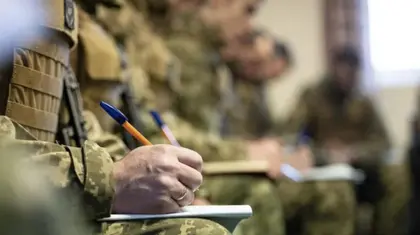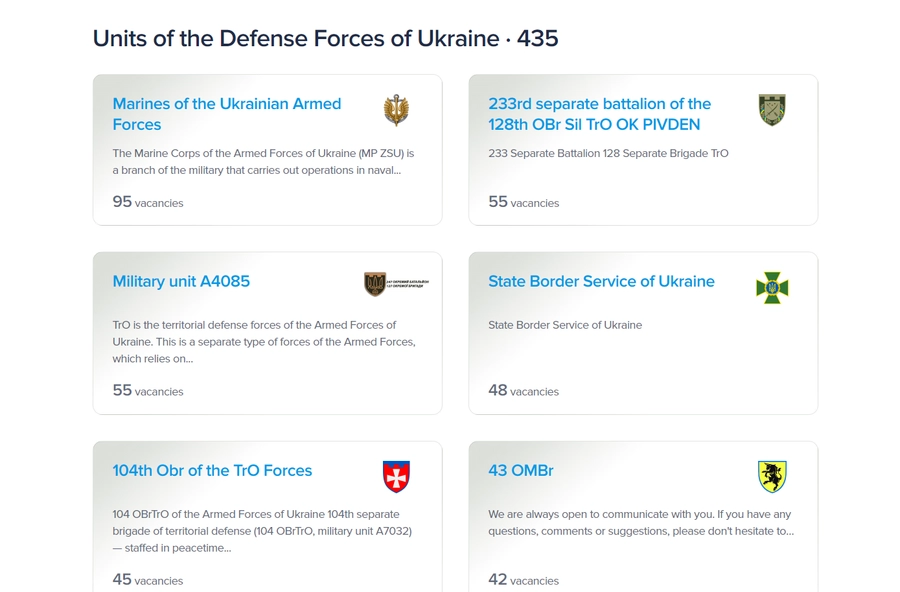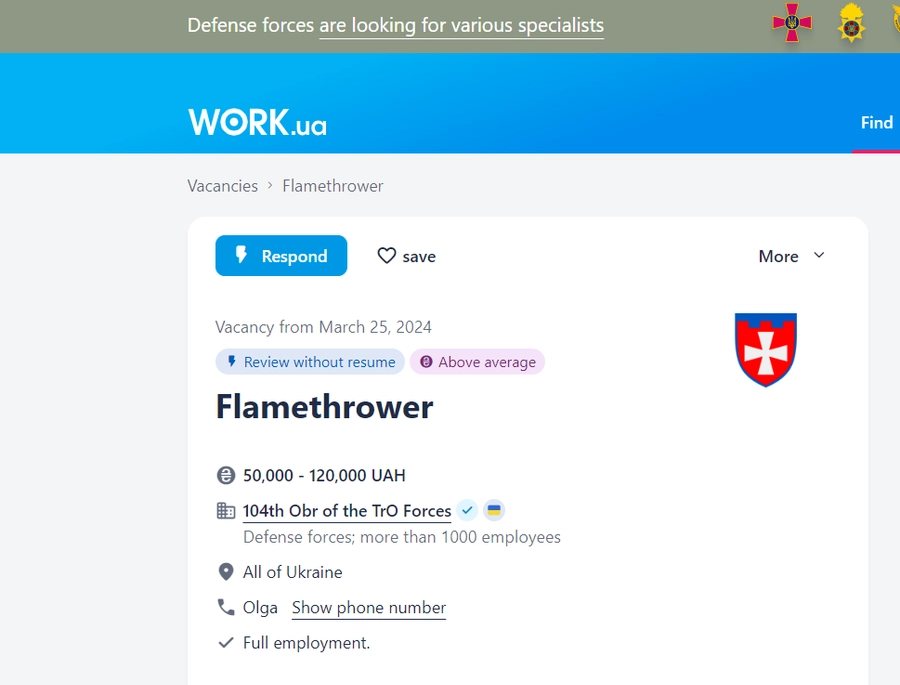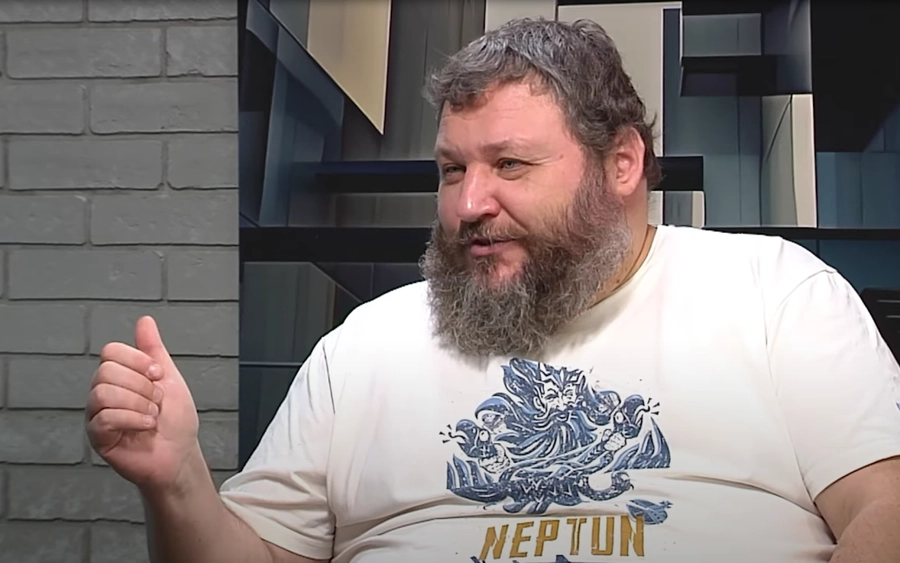Since Ukrainians’ willingness to sacrifice everything, including their lives, for Western-style liberal democracy, has been a hallmark of modern Ukraine’s history, it’s no surprise that Kyiv has been loath to enact legislation that bears any hints of the old Soviet authoritarianism – particularly something like the so-called “press gang” approach, in which men are forced into military service.
Nevertheless, many of the thousands of volunteers who lined up for hours in queues at mobilization offices in the first days of Russia’s full-scale February 2022 invasion – who haven’t been killed – now need relief after two years of battling against the Kremlin’s vastly larger well of forces.
Through its online recruitment program, Ukraine’s Ministry of Defense has taken a new approach intended to tread the line between meeting some part of the Ukrainian military’s mobilization needs, while also avoiding more hand-held videos surfacing on social media and igniting public firestorms, of the more draconian impressment methods employed by Territorial Recruitment Center (TRC) staff – who’ve been filmed grabbing men off the streets and throwing them into vans.
Furthermore, the Defense Ministry hopes, its new online recruitment drive, which is happening even as the Ukrainian parliament considers updating its mobilization law, will encourage men to be more proactive about entering the service – which could potentially help the military disentangle some of its bureaucratic mess – such as, problems stemming from out-of-date population statistics and household records.

Moscow Claims AFU’s Best Troops ‘Ground Down’, Kyiv’s 2025 War Plans ‘Derailed’
How it works
Beginning in November, and picking up steam in December, the Ministry of Defense started posting jobs on four of what are among the most popular jobseekers’ sites in Ukraine – Lobby X, OLX.ua, Robota.ua, and Work.ua – defense ministry spokesperson Olexiy Bezhevets told Kyiv Post.
“From November 2023 to March 11 this year, 1,282 of our units filled 9,536 military vacancies and had gotten 117,111 responses,” Bezhevets said, “Imagine, just during the last week of this period we had more than 1,000 vacancies and got 11,220 responses.”
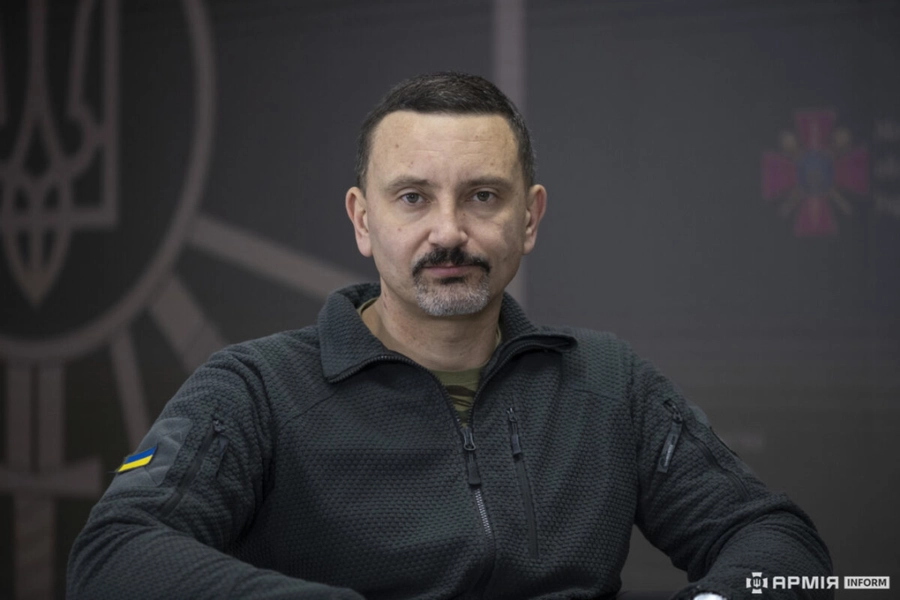
Work.ua jobseekers’ site co-founder and CEO Arthur Mikhno told Kyiv Post that this is a radically new idea.
“It was a possibility to show people that mobilization also could be professional, interesting, and directed well. That military service is a job, and the army is an employer,” Mihno said.
Now, jobseeker sites like work.ua, are sprinkled with some rather non-traditional vacancies such as “Platoon combat medic,” “sapper,” “military chaplain,” and even “flamethrower.”
But it’s not just jobs close to the front line.
“Recruitment is mostly for those who want to join the army but are afraid to be put in the trenches hell,” a Ukrainian officer with knowledge on the matter told Kyiv Post. “So, it’s not a surprise that most of the responses are not to the combat vacancies, but mostly to the rear – IT, drivers, staff personnel, etc. But we need these people also.”
The process consists of four steps:
- First, you apply.
- Second, if the unit is interested, you get a call and invite to visit the unit. Meanwhile, while you are applying, you are guaranteed not to be handed a summons by the TRC.
“You don’t need to be afraid of a summons or being forced to mobilize when you visit a recruitment center,” Bezhevets said, “You can choose a unit suitable for you and your skills by yourself and join it by your will, so, you volunteer, and you sign a contract”
By visiting the unit, the applicant sees who they’d potentially serve with, what weapons there are, what the officers are like, and so on.
- Third, if you and the unit are a good match, the commanding officer gives you an assignment order ensuring that you are mobilized to the unit and position. So, you won’t be mobilized as a machine gunner if you applied to be a driver for instance, Bezhevets said.
- Fourth, you visit your local TRC and they assign you.
Through the program, the Ministry of Defense aims to staff units with the most compatible people and to promote competition for recruits – and thus, better conditions – among the units.
Generally, by being a willing recruit rather than a so-called “mobik” or mobilized person, you’ll have more agency and a generally improved experience, the Ukrainian officer said.
Problems
As some recruits have said, the new program is not without problems.
The first problem is that some TRCs reportedly don’t want to recognize assignment orders.
“They have their own plan for how many people they need to mobilize. I went there and told them – look, I have an assignment order! And they tried to put me in another unit, to make me a statistic for them,” one recruit who was hired into a unit as an airborne trooper told Kyiv Post.
An official from the Ministry of Defense said that the TRC had likely wanted to put the recruit in a different unit that had sustained greater losses or had a greater need than the one he’d applied to.
“Because they need this guy, they want him for a certain position,” the source said.
The recruit did eventually get assigned to the unit he was hired into, but it required his unit commander’s intervention.
A similar situation can arise if an assignment order doesn’t exactly match what the TRC sees as listed.
For these reasons, recruits must stay in contact with the units hiring them to make sure that local TRCs honor assignment orders, the defense ministry source said.
Another difficulty with the system is that the recruit’s unit must be on the General Staff’s list of 80 units that should receive recruits.
“It’s ridiculous. Just imagine, you are an officer who loses all his soldiers just because of incompetence,” a Ukrainian officer told Kyiv Post. “Of course, nobody will want to join your unit. That’s the idea of recruitment – people decide where they want to serve. And now generals just make a list of 80 units, that need more people than others. But if the unit needs more people, it doesn’t mean it’s a good unit. Sometimes, it is not. This is the problem.”
The list of 80 changes monthly and it’s also not public information.
So, if the unit you apply for is not on this list, then the TRC can mobilize you to any other unit, regardless of your particular preferences.
However, according to Bezhevets, applying for a position doesn’t mean you’ll then be summoned by the TRC. This is because the recruit has to be told before he signs a contract if his unit is on the General Staff’s list or not.
“In the case of mobilization to a unit not on the list, the document from this unit is not the TRC’s prioritization. However, the unit commander has to tell the recruit about it during the interview, so the person can choose – to continue his recruitment to the unit or not,” Bezhevets told Kyiv Post.
Yevhen Dykyi, a volunteer and ex-commander of the unit of the Aydar battalion, told Kyiv Post that recruitment is not going to be able to replace mobilization however.
“I can tell you both processes will go together. Because recruitment cannot fulfill the army needs but can add more than 100,000 motivated people who decided to join AFU [Armed Forces of Ukraine] by themselves,” Dykyi said.
Since gaining independence in 1991, in processes that sometimes take years, Ukrainians have turned many of their traditional Soviet institutions inside out and upside down with varying levels of success. With Russian troops bearing down on Ukrainian cities and villages, Kyiv is not afforded the luxury of time in their efforts to modernize conscription. However, with their new recruitment efforts, they’ve gotten off to a good start Defense Ministry officials say.
You can also highlight the text and press Ctrl + Enter


